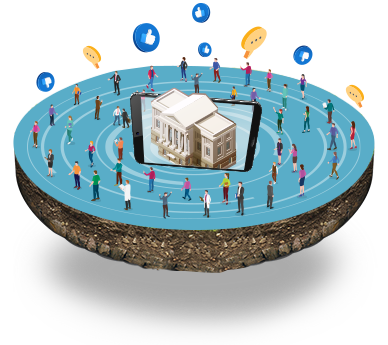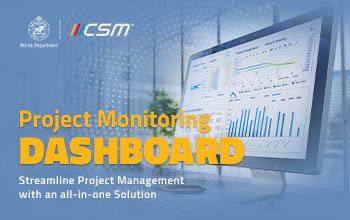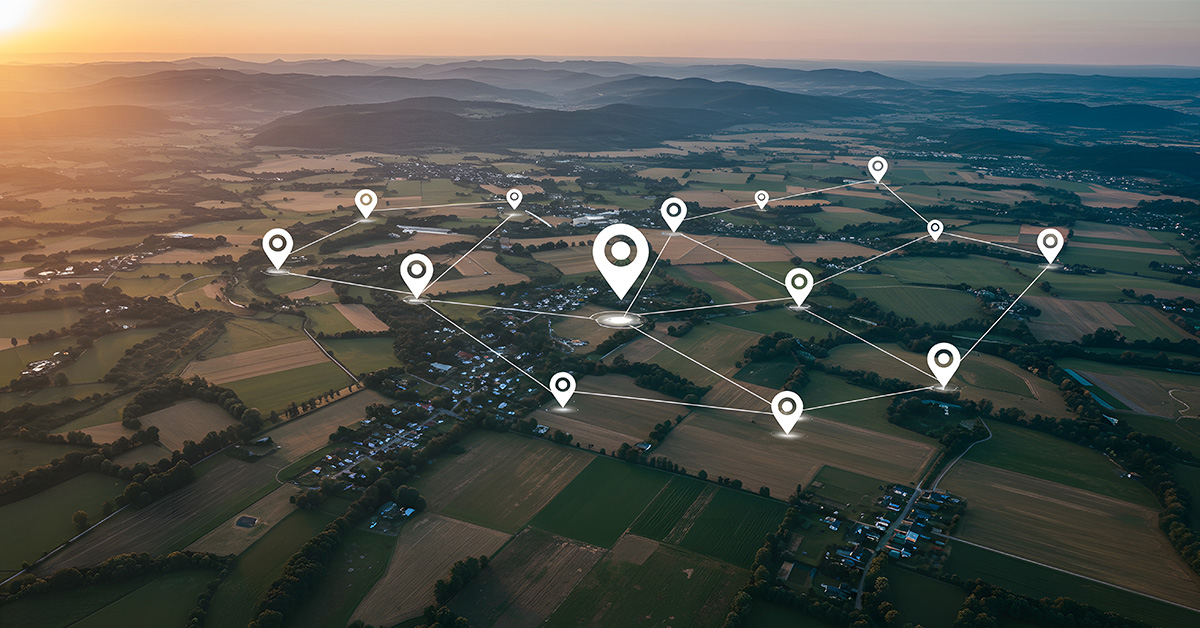Tableau has seen widespread global adoption across industries due to its user-friendly interface, powerful data visualization capabilities, and ability to handle vast datasets. According to IDC, the global data volume is expected to exceed 180 zettabytes by 2025, marking an annual growth rate of around 61%. Meanwhile, a study by Forrester Research found that 60% of businesses struggle to turn their data into actionable insights. This is where data visualization tools like Tableau come into play. Tableau empowers users to quickly analyze, visualize, and share insights from their data. It's widely used across industries, from finance to healthcare, to enable decision-makers at all levels to better understand the data they work with.
Tableau's intuitive design allows both technical and non-technical users to create interactive dashboards, driving a culture of data-driven decision-making worldwide. Moreover, with the growing emphasis on data literacy, Tableau's role in helping organizations build scalable analytics solutions continues to expand, further cementing its position as a leader in the global business intelligence market.
.jpg)
Tableau’s Role in Promoting Responsible AI Usage
As AI adoption accelerates, organizations are becoming increasingly concerned about the ethical use of AI and its impact on decision-making processes. Tableau addresses these concerns by emphasizing responsible and transparent AI practices. Its AI-powered features are designed to augment human intelligence, not replace it. By allowing users to interact with and question the results of AI models, Tableau fosters explanations—ensuring that AI-generated insights are clear and understandable, with no “black box” results.
Additionally, Tableau’s AI tools are built on a foundation of fairness and accuracy. Tableau ensures that AI-driven insights are unbiased and inclusive, allowing organizations to build trust in their data and analytics. This commitment to ethical AI is crucial as businesses increasingly rely on AI for critical decision-making processes.
Breaking Down Barriers: Self-Service Analytics
.jpg)
One of Tableau's key principles is to enable self-service analytics. Traditionally, accessing data insights required constant support from IT teams or data specialists, creating bottlenecks. Tableau eliminates this hurdle by offering a platform where anyone in an organization can access, analyze, and visualize data independently.
The simplicity of Tableau’s interface means that non-technical users can start building dashboards and generating insights in minutes. At the same time, Tableau offers advanced features for more technical users, ensuring scalability across different user skill levels.
Real-World Examples
Coca-Cola:
Coca-Cola consolidated data from multiple sources, including SAP, Excel, and cloud services, using Tableau to gain real-time insights across its global operations. With Tableau, Coca-Cola’s teams could identify opportunities for process improvement, detect inefficiencies, and make faster, data-driven decisions.
Nissan:
The global automotive giant Nissan used Tableau to streamline its production and supply chain processes. By integrating Tableau into its analytics ecosystem, Nissan could track performance and analyze key metrics across its manufacturing plants. Tableau’s forecasting and predictive analytics tools helped Nissan optimize vehicle production rates while maintaining quality standards, ultimately improving efficiency and reducing costs.
Honeywell:
Honeywell, a multinational conglomerate, used Tableau’s AI-powered tools to transform its supply chain operations. With Explain Data, Honeywell was able to identify inefficiencies and root causes for issues like delayed shipments and cost overruns. AI-driven insights allowed Honeywell to fine-tune its logistics, resulting in reduced operational costs and improved customer satisfaction.
Charles Schwab:
Financial services company Charles Schwab leveraged Tableau to bring self-service analytics to its employees, enabling teams to analyze data without relying on IT departments. By making data accessible, Charles Schwab empowered its staff to monitor customer behavior, optimize financial products, and improve customer satisfaction rates.
.jpg)
Building a Data-Driven Future with Tableau
As the world continues to generate unprecedented volumes of data, businesses, and individuals must be equipped to turn this data into actionable insights. Tableau’s mission is to empower everyone, regardless of technical expertise, to harness the power of data, analytics, and AI responsibly. By offering an intuitive interface, robust analytics tools, and trusted AI-powered insights, Tableau enables organizations to become truly data-driven.
From small startups to global enterprises, Tableau is helping businesses across the globe unlock the potential of their data. In a world where every decision can be data-informed, the ability to explore, analyze, and trust the insights derived from your data is no longer optional—it's essential. Tableau makes this future a reality for everyone.
Whether a small business or a large enterprise, Tableau’s suite of products and powerful features can help you transform raw data into actionable insights, fostering a data-driven culture and enabling smarter decision-making across the board. With its expertise in Tableau, CSM Tech has developed ERP Implementation in the Higher Education Department of OCAC (Odisha Computer Application Centre) which helps to efficiently manage all these processes in an integrated system keeping the record of the organization. E-Despatch is also implemented by CSM Tech with Tableau experts which has facilitated Government letter transactions from dispatch to receipt with reduced travel time, cost, and resources.


























































We will verify and publish your comment soon.